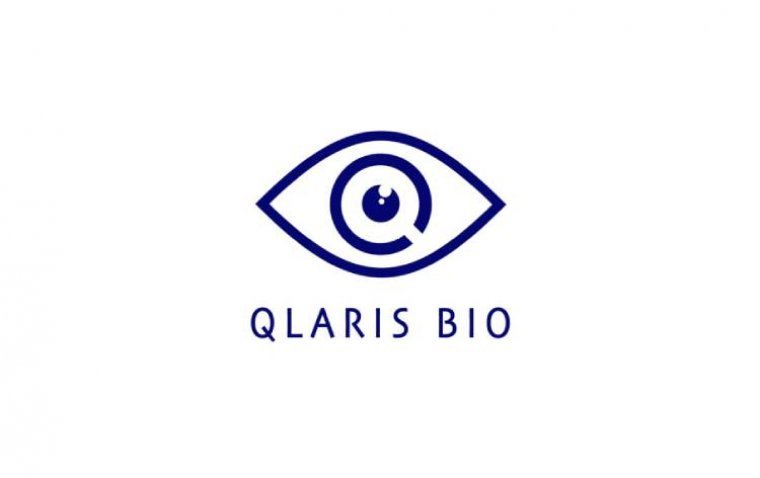
Neurotech Pharmaceuticals' NT-501 Granted Priority Review by FDA for Macular Telangiectasia Type 2
Neurotech Pharmaceuticals has achieved a significant milestone with the FDA granting priority review status to its biologic license application (BLA) for NT-501 (revakinagene taroretcel), an investigational encapsulated cell therapy intended for the treatment of Macular Telangiectasia Type 2 (MacTel).
This designation indicates that the FDA will aim to take action within 6 months, compared to the standard 10-month review period, based on the completeness of the application.
"This is a significant achievement for Neurotech," stated Richard Small, Chief Executive Officer of Neurotech Pharmaceuticals, in a company news release. "I would like to express my gratitude to our employees for reaching this important milestone."
NT-501: A Potential Breakthrough Treatment
NT-501 utilizes Neurotech's Encapsulated Cell Therapy (ECT) platform, which enables controlled and continuous delivery of CNTF. By targeting chronic retinal diseases like MacTel, this therapy aims to slow down the progression of retinal degeneration and potentially improve long-term visual outcomes for patients.
PDUFA Goal Date Set for December 17, 2024
The Prescription Drug User Fee Act (PDUFA) goal date for the NT-501 application has been set for December 17, 2024. Pending successful review and approval by the FDA, Neurotech Pharmaceuticals anticipates bringing this innovative treatment option to patients affected by MacTel in the near future.
About Macular Telangiectasia Type 2
Macular Telangiectasia Type 2 (MacTel), also known as idiopathic juxtafoveolar retinal telangiectasia, is a rare, progressive neurodegenerative disease that primarily affects the macula, the central part of the retina responsible for detailed central vision. It typically manifests in adults in their fifth or sixth decade of life, although onset can vary. MacTel is characterized by abnormalities in the tiny blood vessels around the fovea, leading to a gradual decline in central vision over time. Symptoms often include blurred or distorted vision, difficulty reading, and changes in color perception.
Reference:
https://www.neurotechpharmaceuticals.com/wp-content/uploads/Neurotech_Press-Release_BLA_FINAL-1.pdf
(1).jpg)










